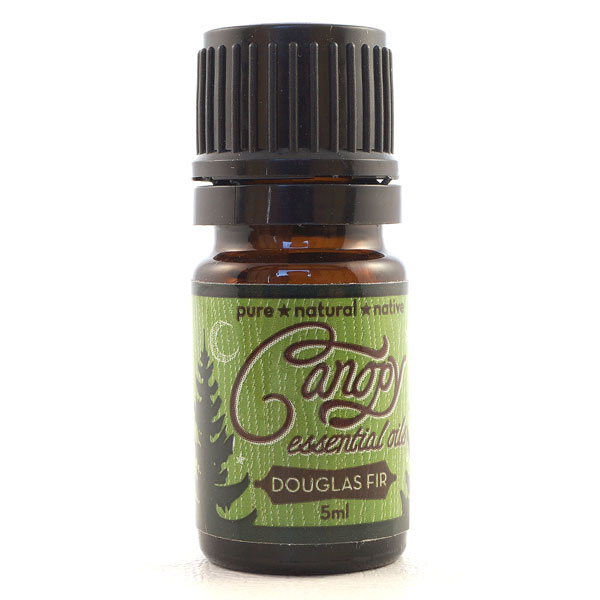STORAGE
Keep the essential oil bottle tightly capped and store in a cool, dark and dry location, out of direct sunlight. This will keep them fresh. Of course, keep essential oils out of the reach of children.
 TIPS FOR SAFE PERSONAL USE
TIPS FOR SAFE PERSONAL USE
- For use in aromatherapy, Canopy essential oils may be used via inhalation or skin application. For inhalation, simply place a few drops of oil in a diffuser that is designed for aromatherapy, either electric or candle-powered.
- Do not apply essential oils to your skin without first diluting them in a carrier (e.g., vegetable oil). Undiluted oils can cause skin irritation. Use less rather than more.
- First test for skin sensitivity by applying 1 drop of oil diluted in 1/2 tsp. vegetable oil to the inside of your arm. If within 24 hours there is any sign of redness or itching, then do not use the oil since you may be sensitive to it.
- Do not ingest essential oils, either directly or mixed with food.
- Keep away from eyes and other mucuous membranes.
- Keep essential oils out of the reach of children and pets.
- Pregnant or nursing women should avoid using oils altogether or only use small amounts of the safest oils. Consult your physician.
- Do not overuse oils since inhaling or applying too much can cause headaches or discomfort.
- Pure essential oils are potent and should be used carefully. Our oils have been tested and analyzed for purity. We can provide detailed safety information (MSDS) for individual oils upon request - just contact us.
- Western Redcedar (Thuja plicata) essential oil not recommended for any use other than aromatherapy diffusion. Do not take internally. Possible skin sensitivity. Consult a reputable and qualified herbal practitioner or physician before applying externally. Avoid contact with eyes, inner ears or sensitive areas. Do not use if pregnant or nursing.
Disclaimer: This information is for educational purposes only. It is not intended to treat, cure, prevent or, diagnose any disease or condition. Nor is it intended to prescribe in any way. This information may not be complete, nor may its data be accurate.
Some Internet Resources on Essential Oil Safety
(Note: OWC cannot verify the accuracy of information provided by other companies or organizations)
AromaWeb: Essential Oil Safety Information
University of Minnesota: Are Essential Oils Safe?
National Assn. for Holistic Aromatherapy: Safety Information
